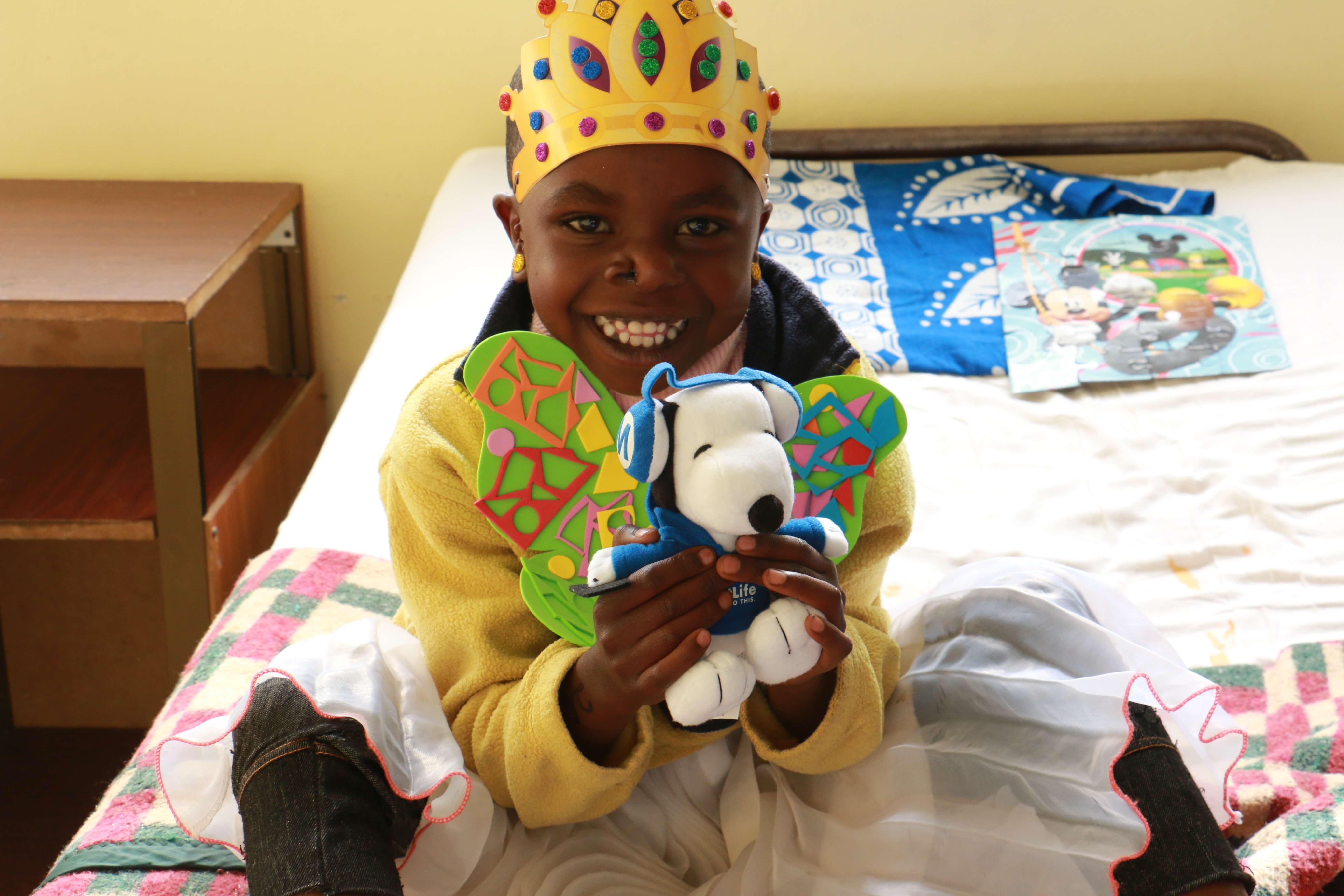The desire to go on medical missions to another country is not something that everyone universally understands or shares. The hours are long, the conditions can be rough, the locations are often unfamiliar and not as safe as home. So why do we do it?
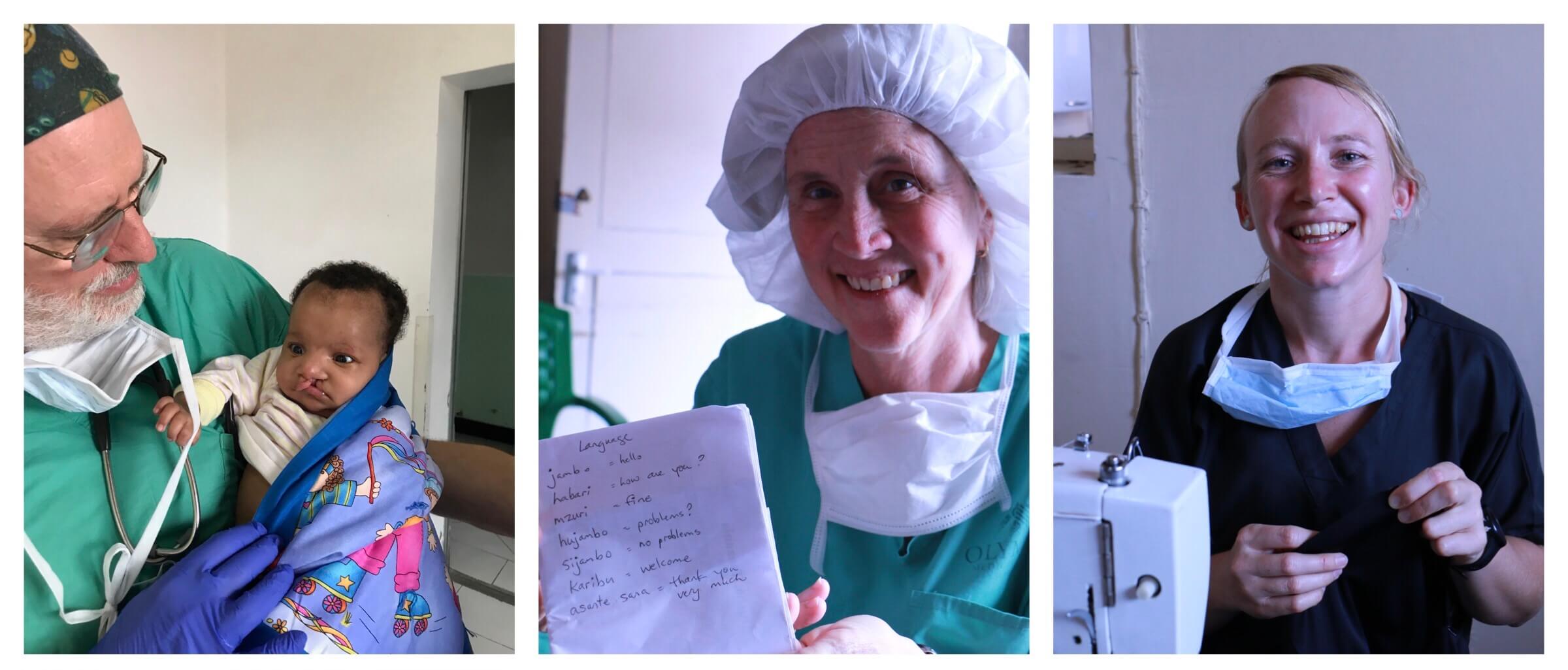
Neal Fleming (Lead Anesthesiologist): Food for the soul. Reminds us why we chose to help people and go into the medical field. Strips away everything non-essential immediately. You can tangibly see the difference you’re making in the world on these missions. One family brought in a child that didn’t go to school or even have a birth certificate. We fixed the cleft lip and the family immediately went to register her for school. It was like she did not exist before.
Ellen Adams (PACU Nurse): It’s a life goal for me to do one trip per year because it’s so fulfilling. The people we meet on these missions help me more than I help them. I’m practicing Swahili and when I try to speak it to the patients or their families, they just light up. In trying to be a part of this culture, it becomes a blend- which is a beautiful thing.
Caroline Ablort-Morgan (Occupational Therapist): In South Africa, we don’t have plastic surgeons or get to see some of these special cases. When people do need plastic surgery back home, there is a long wait time to get it scheduled and completed. Rotaplast comes in quickly, fixes people up, and leaves in a matter of two weeks. So efficient and a great life experience.
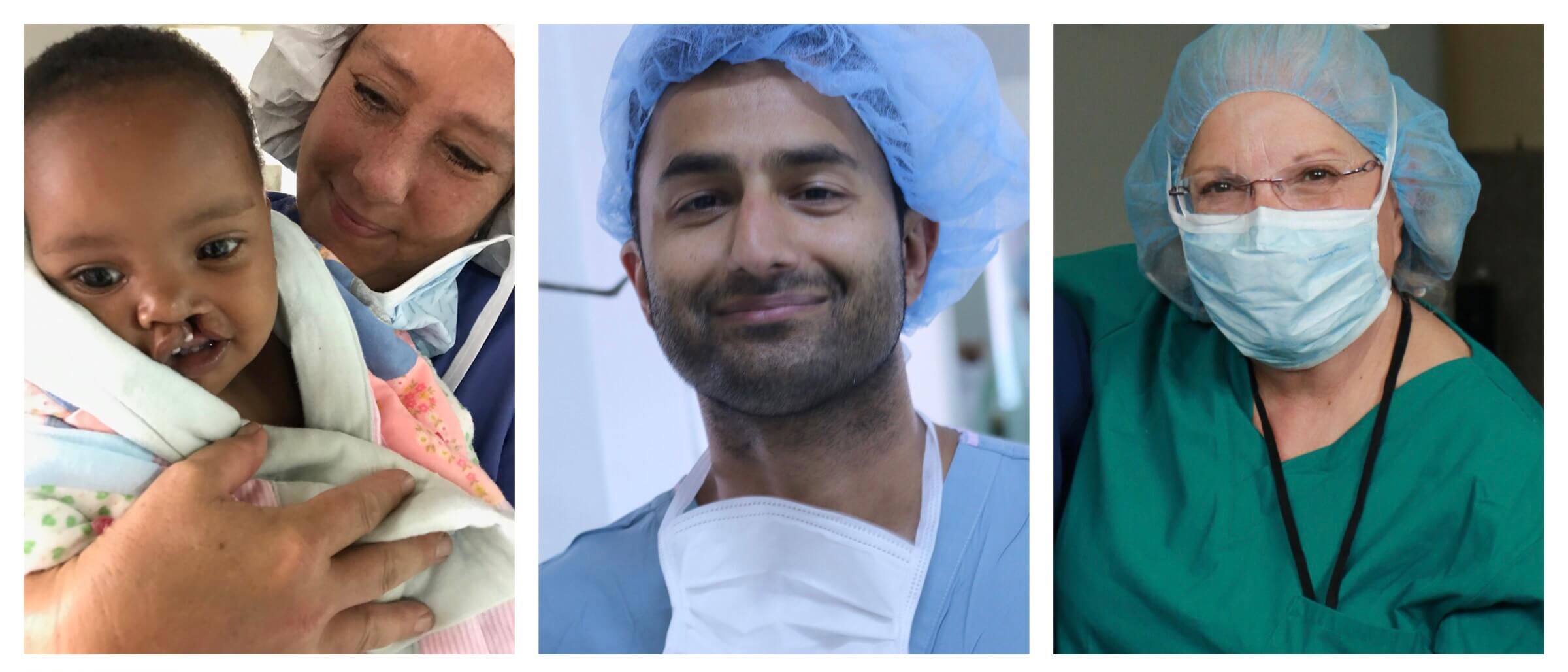
Lianna Hooper (OR Nurse): I always wanted to find a way to help people beyond basic nursing. On these missions you get so immersed in the culture and community. It’s an honor to be a part of the tender experiences that these children endure. Humbling. It’s been one of the highlights of my life.
Salman Dasti (Anesthesiologist): These missions leave me refreshed that there is hope for the world after helping people without the means to get treatment otherwise. I wish there was more hope and positivity in the world. This is a small fraction of the solution, but it’s a step in the right direction.
Pamela Dundas (Head Nurse): I got interested in Rotaplast when I saw a booth for the missions. My dad was a Rotarian and so the first time I went in 1999 it was to honor him. I now go on about 1-2 missions per year.
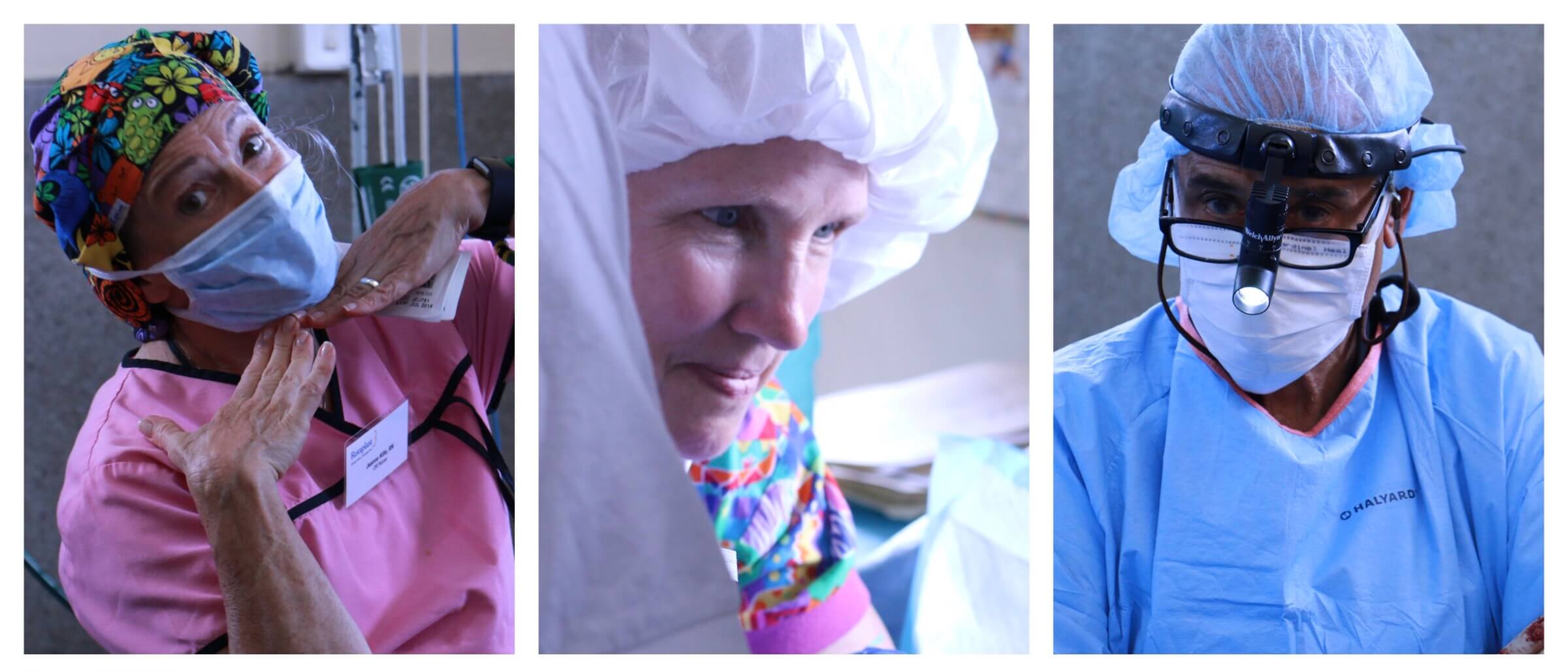
Jeanne Kille (OR Nurse): The playing field of life is so uneven and maybe I can help, even if only a little. Four months out of the year I am gone on missions. It’s just what I do. It’s part of my identity.
Marguerite Fleming (PACU Assistant): Being on missions is centering and reminds us of what is truly important. The people are amazing and happy with very little. These simple surgeries being performed on missions are life-changing.
Devi Tantri (Surgeon): I started coming on missions 15 years ago. It was just something I always had a vision of in my mind that I would enjoy. I always do.
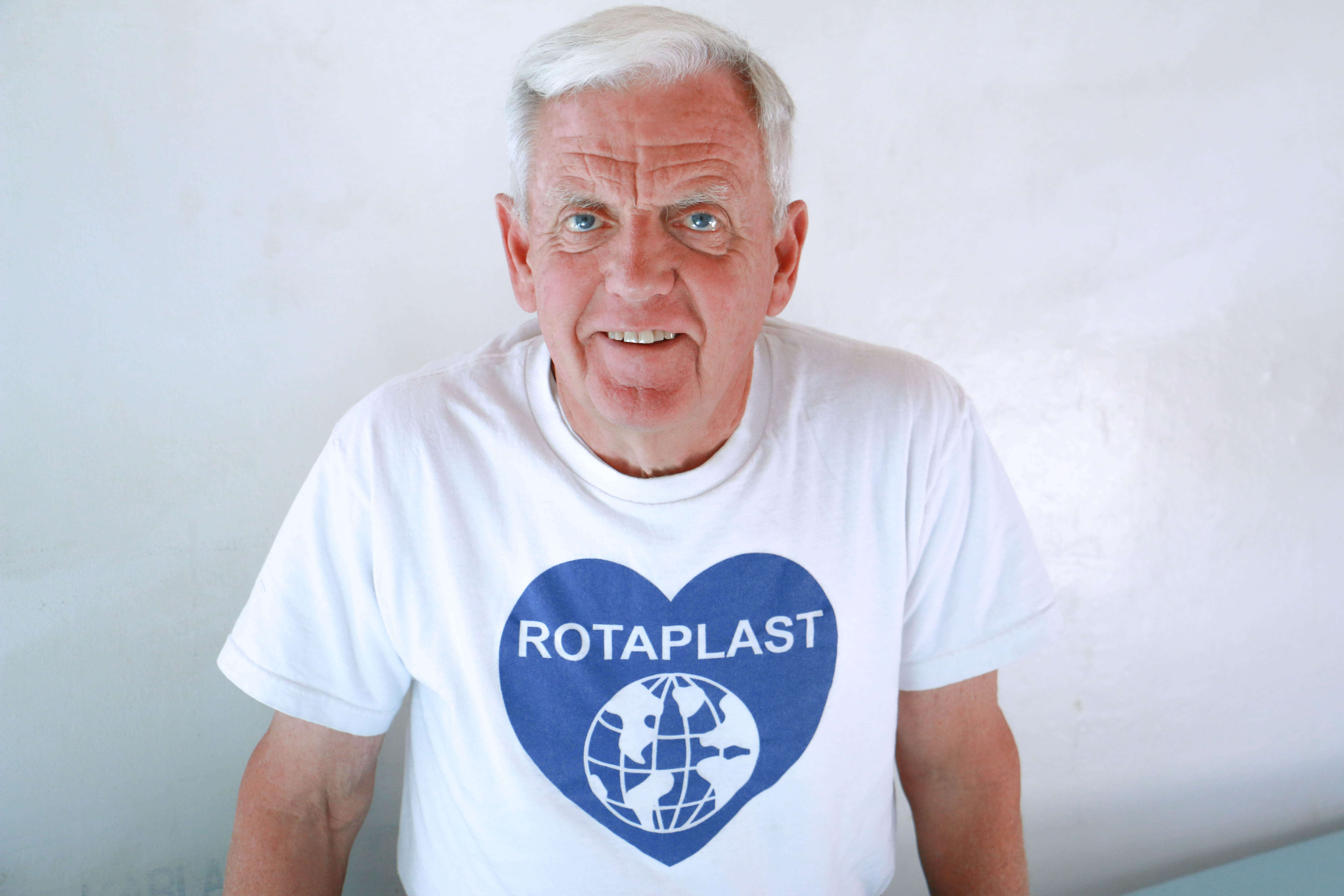
Tom Fox (Mission Director): I’ve always been interested in medicine and always wanted to be a doctor. Being a non-medical Rotarian on missions has gotten me back into the medical setting and given me a way to support the professional doctors and nurses who are making a drastic change in peoples’ lives.




